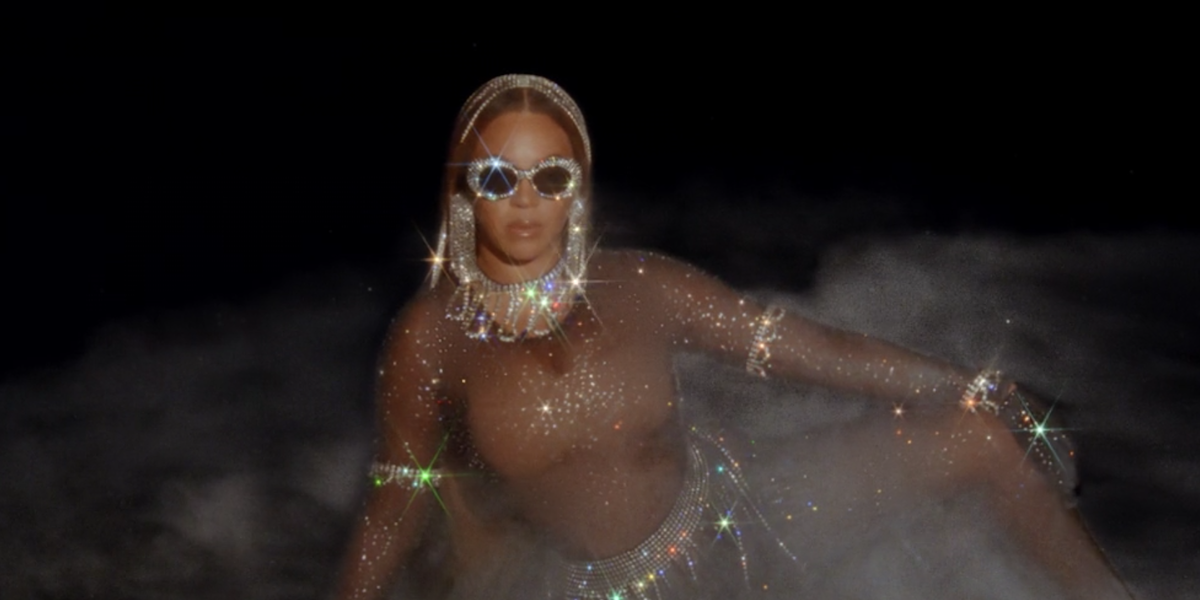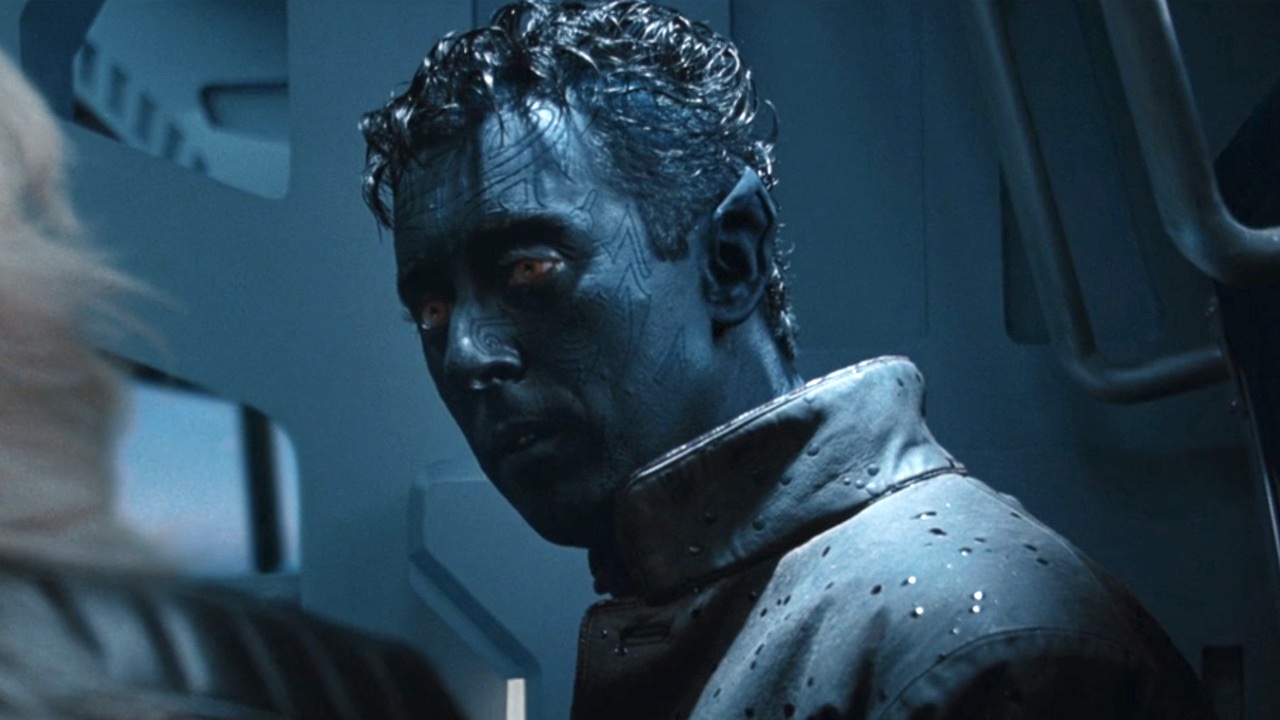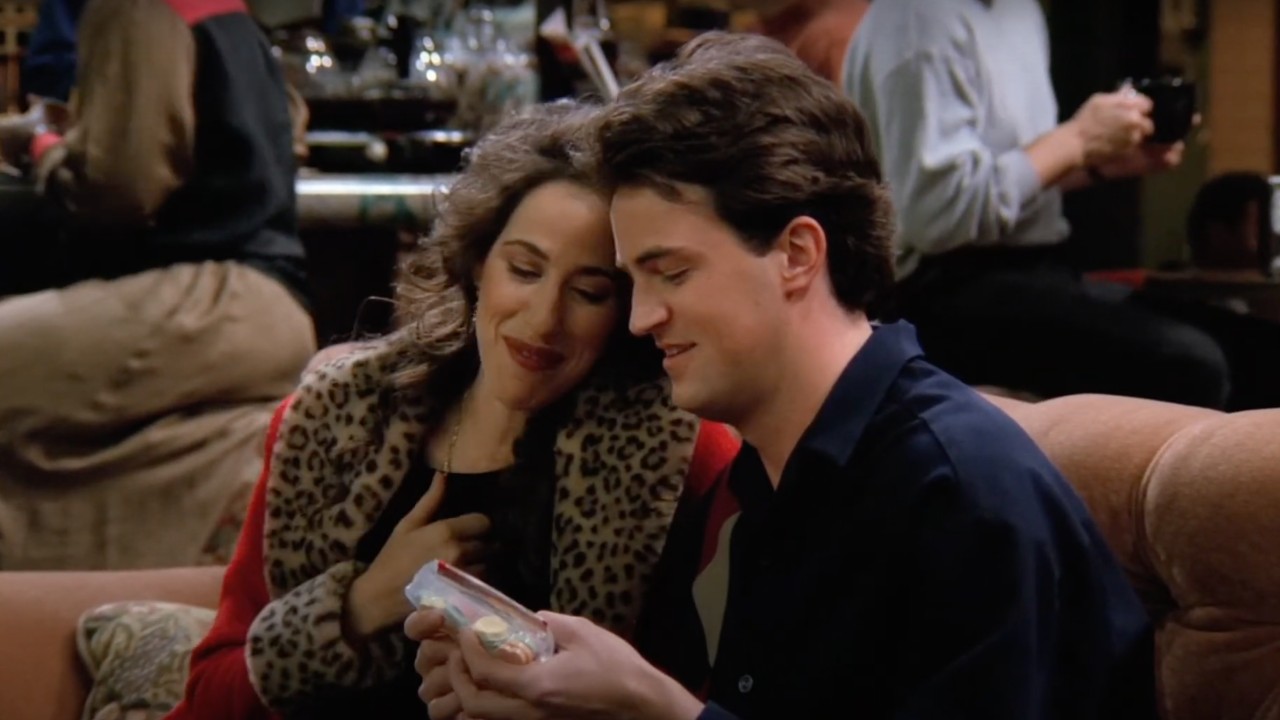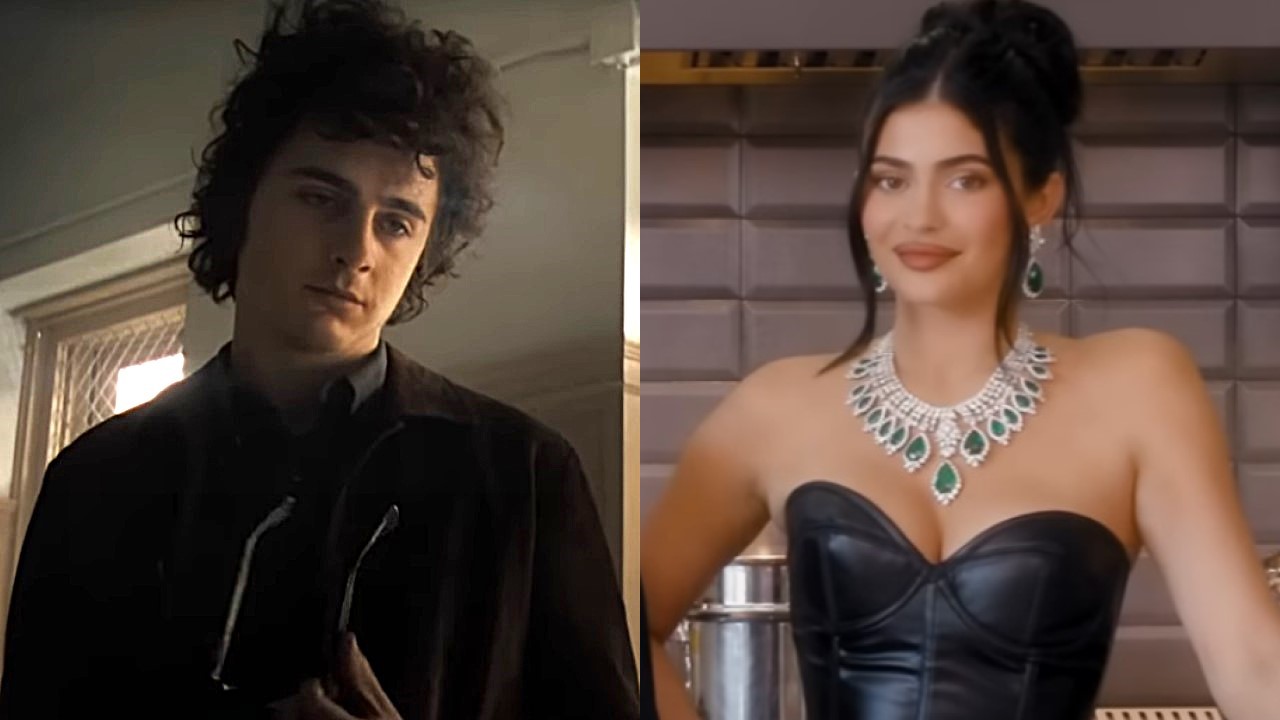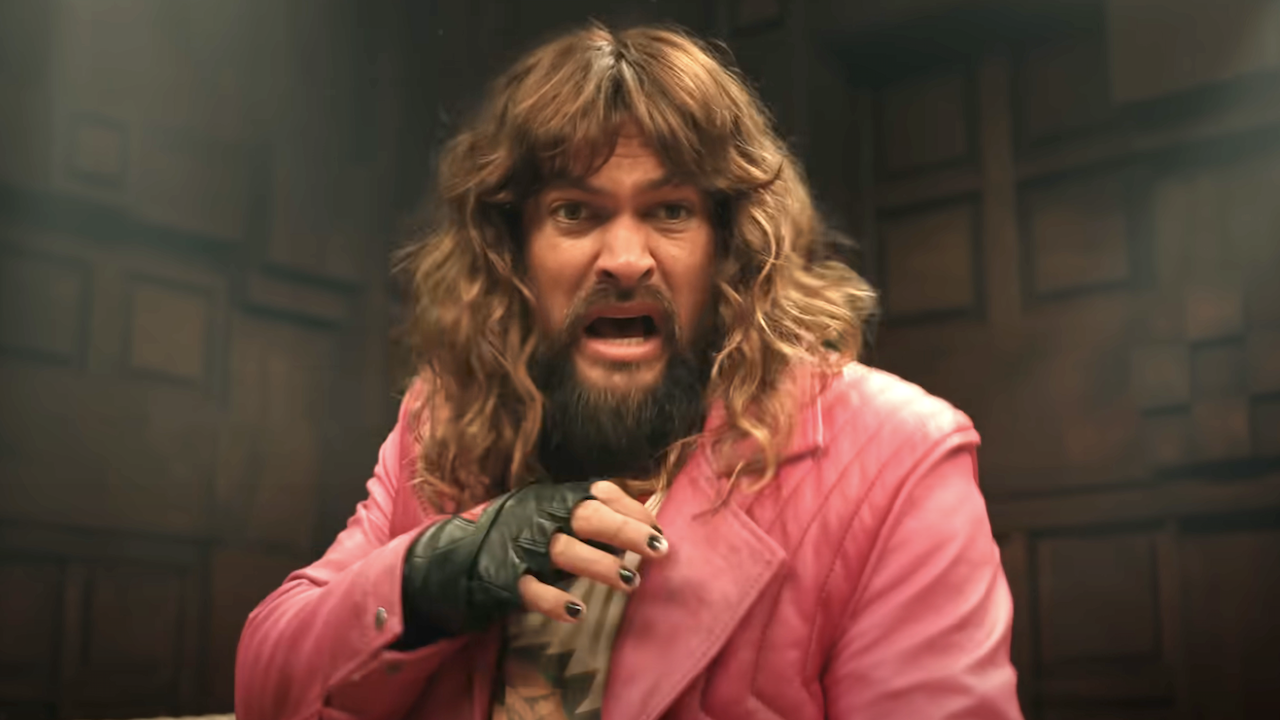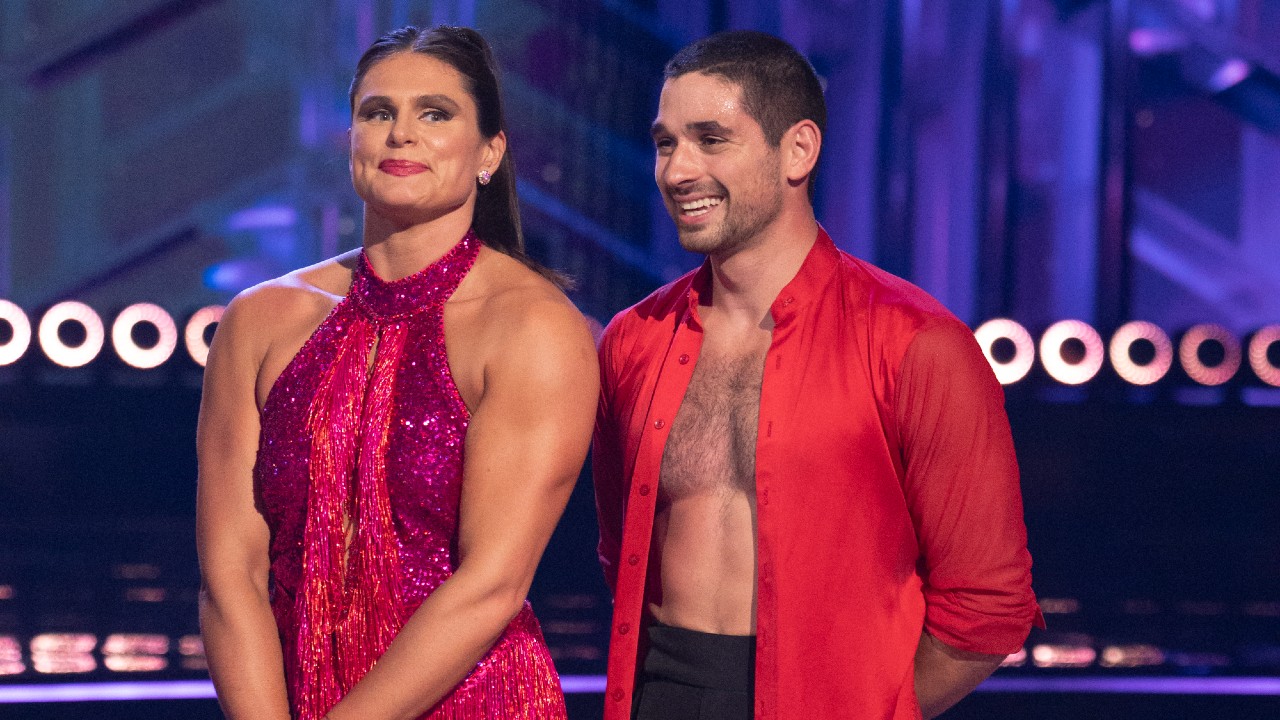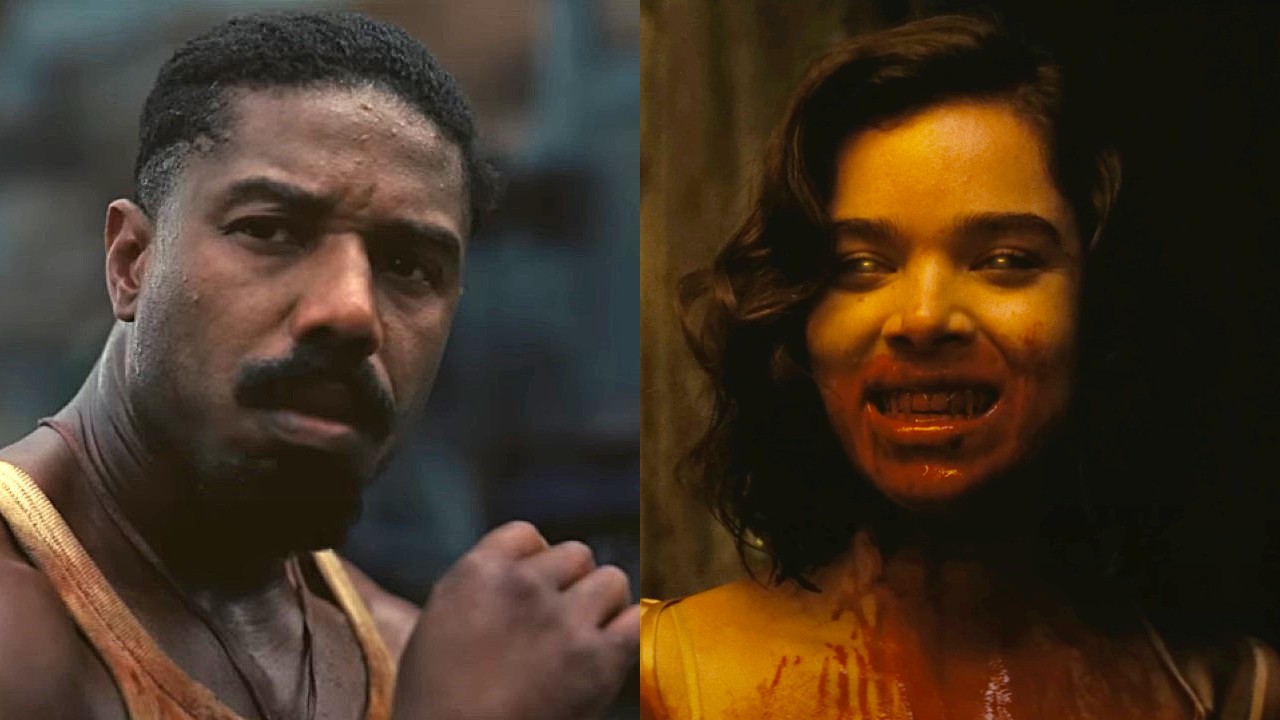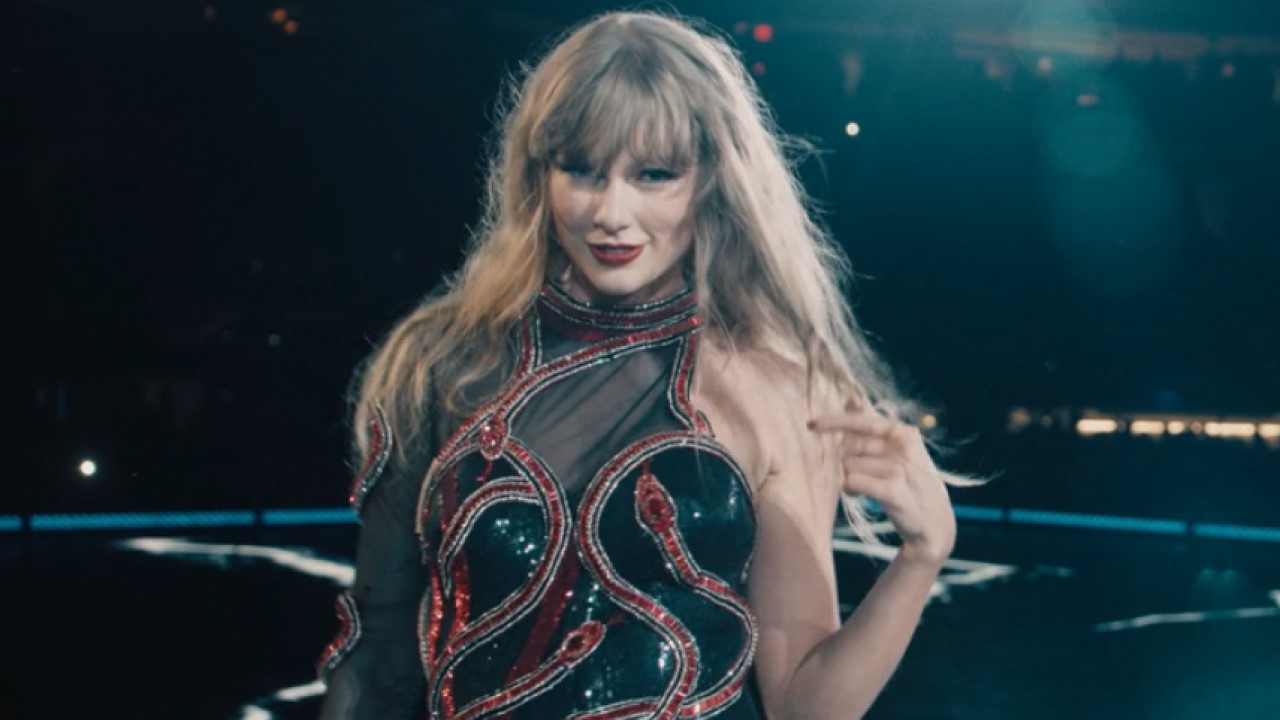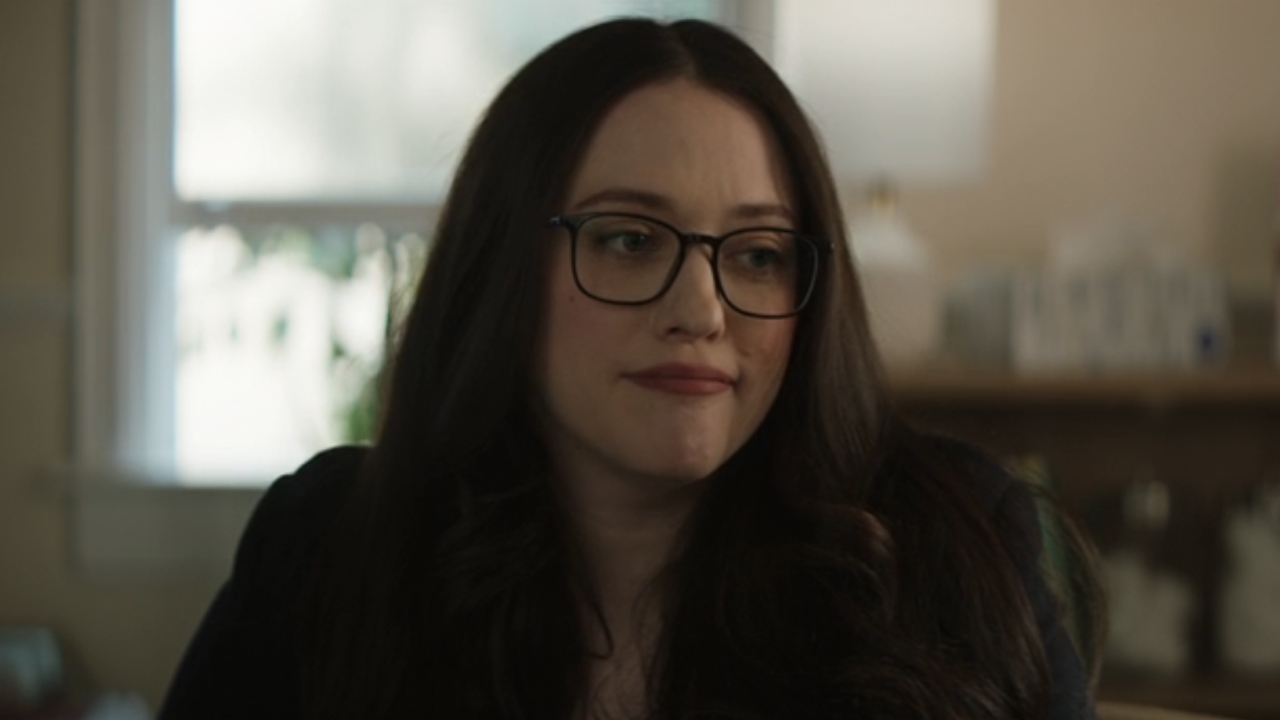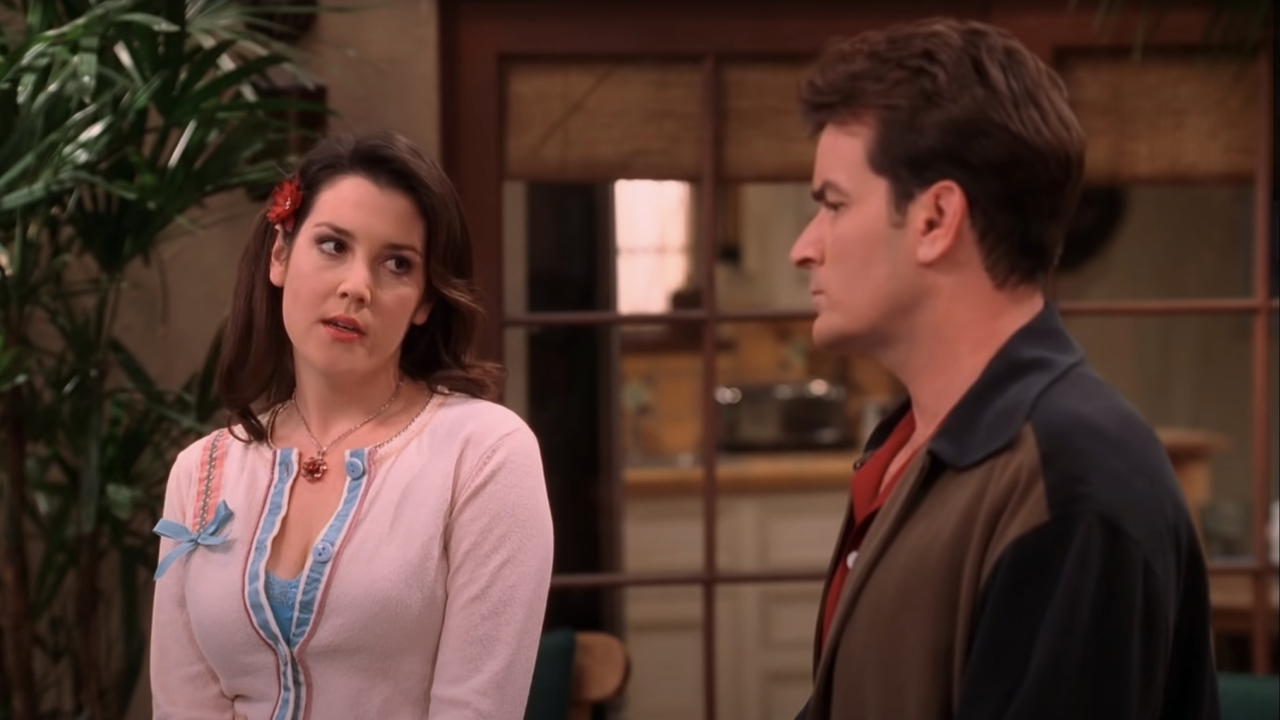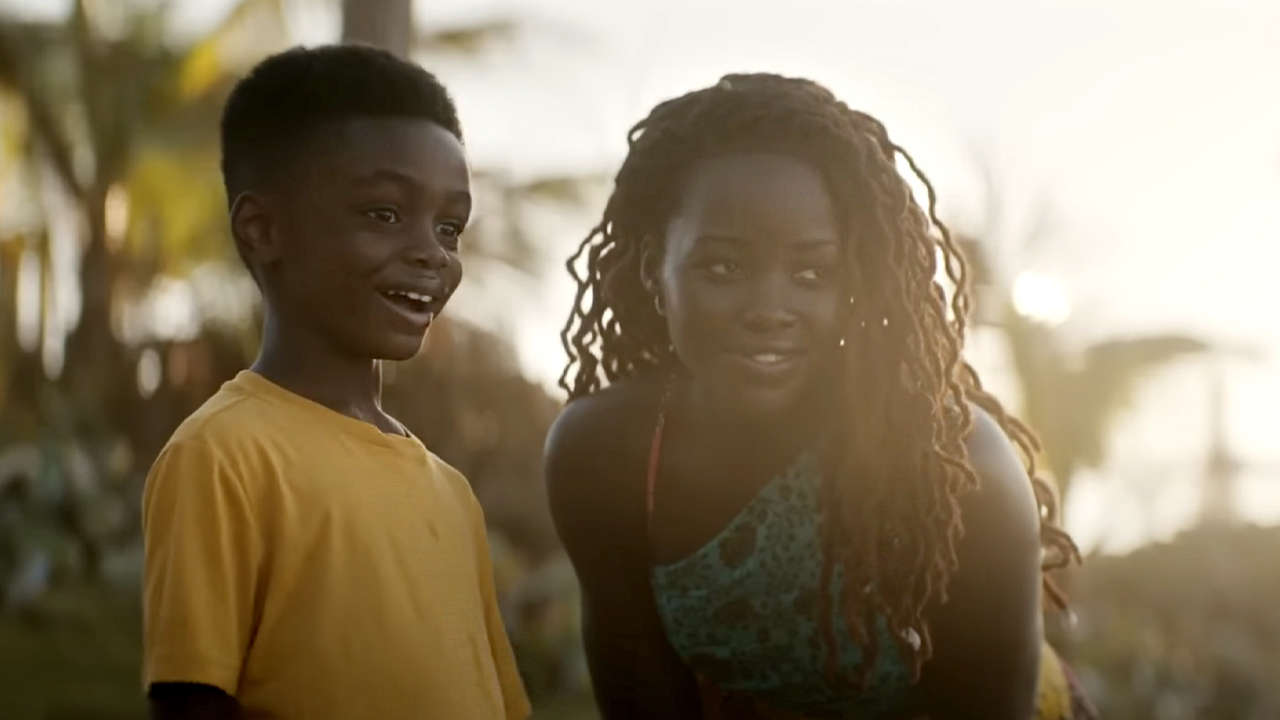How Beyonce’s Disney+ Movie Black Is King Compliments The Lion King
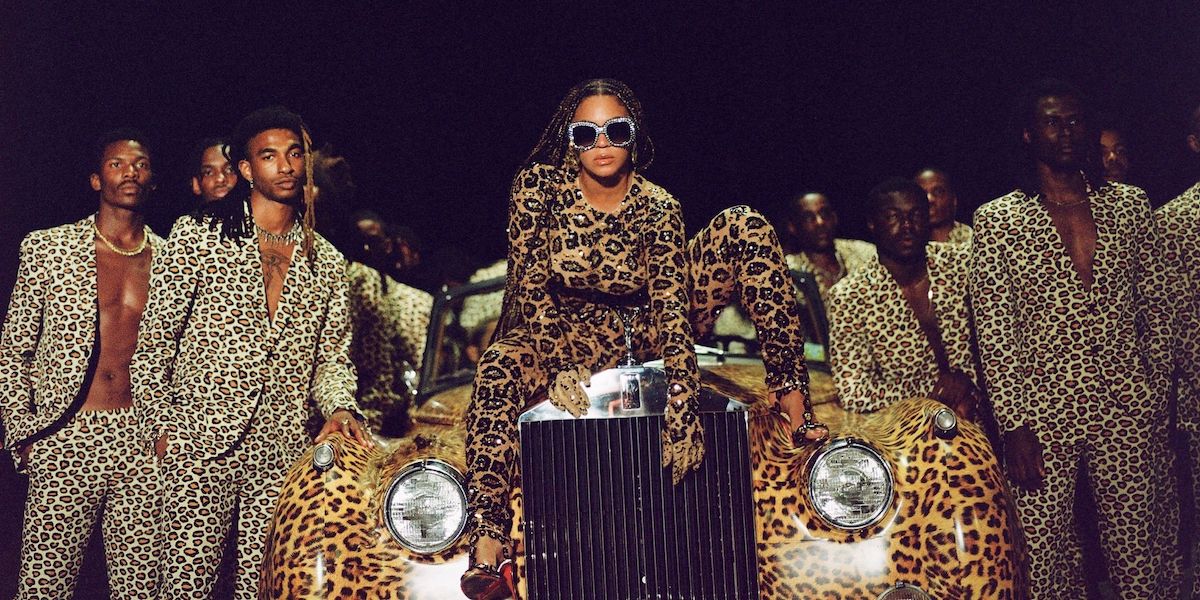
CinemaBlend participates in affiliate programs with various companies. We may earn a commission when you click on or make purchases via links.
When Disney sought to remake The Lion King, one immediately intriguing addition to the production was the addition of Beyoncé Knowles as Nala in the photo-realistic blockbuster. Fans instantly went on to start calling the feature The Lion Queen, since the Grammy-winning artist has a knack for stealing the show. Rumors also started concerning Nala taking up the mantle of Pride Rock instead of Simba. One year later, we know Jon Favreau’s The Lion King stuck to the script of the animated classic. But Beyoncé has revealed her true contribution to the material: her widely-praised Disney+ film Black Is King.
The film, written and directed by Beyoncé (and a slew of talented Black filmmakers by her side), is the immersive vision for her Lion King soundtrack called The Gift that dropped with the release of the film last summer. Beyoncé fans, we should have seen this coming, right? It’s not unlike her 2016 Lemonade film or Coachella set that was later immortalized with her Netflix documentary Homecoming. Part of the artist’s process in recent years has been building on her work with incredibly impressive visual albums that fully realize the messages she infuses within her music. Let’s talk through how the new Disney+ movie compliments The Lion King:
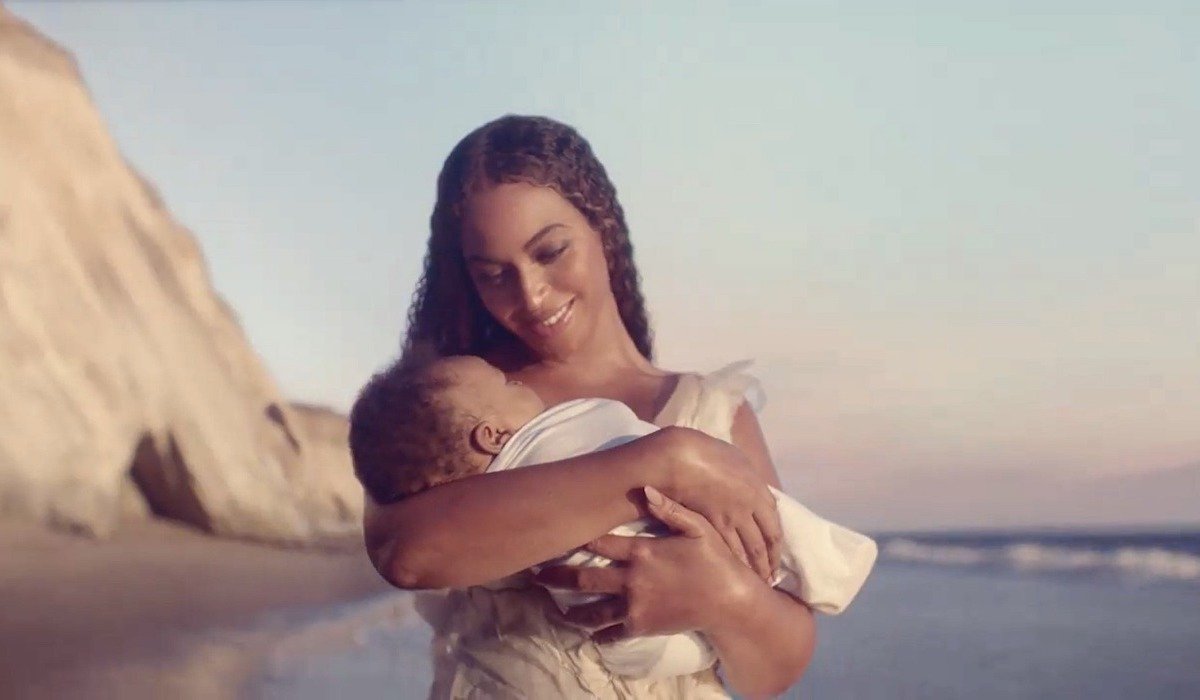
The Connection Between The Lion King And Black Is King
Black Is King is a series of epic, interconnected music videos that come together narratively with a loose and modern adaptation of The Lion King. The beginning of the film starts with the birth of a baby boy and follows him from his childhood through to taking the throne with his queen. Beyoncé is the narrator throughout his journey to take his crown, but there is so much more Black Is King is juggling besides a boy’s rise to be king. A number of voiceovers are added within the film from the remake of The Lion King. If you listen closely, you’ll hear James Earl Jones’ Mufasa, Donald Glover’s Simba and even Seth Rogen and Billy Eichner’s Pumbaa and Timon speaking lines from the movie.
The use of these voiceovers are not just cameos to lightly connect Beyoncé’s film to The Lion King; they serve as jumping off points for the film’s own messages. It’s clear the artist looked carefully at the themes in Lion King to inform her songwriting and visuals for The Gift and Black Is King. She is building on themes of legacy, lineage and identity the original animated film introduced to audiences. Beyoncé cleverly uses this opportunity to highlight the African culture not only heavily embedded in Lion King’s DNA, but her own. Black Is King turns into a spiritual journey in Beyoncé getting in touch with the beauty of her Blackness and spreading the message to future generations of the power in completely embracing one’s ancestry. To the themes first...
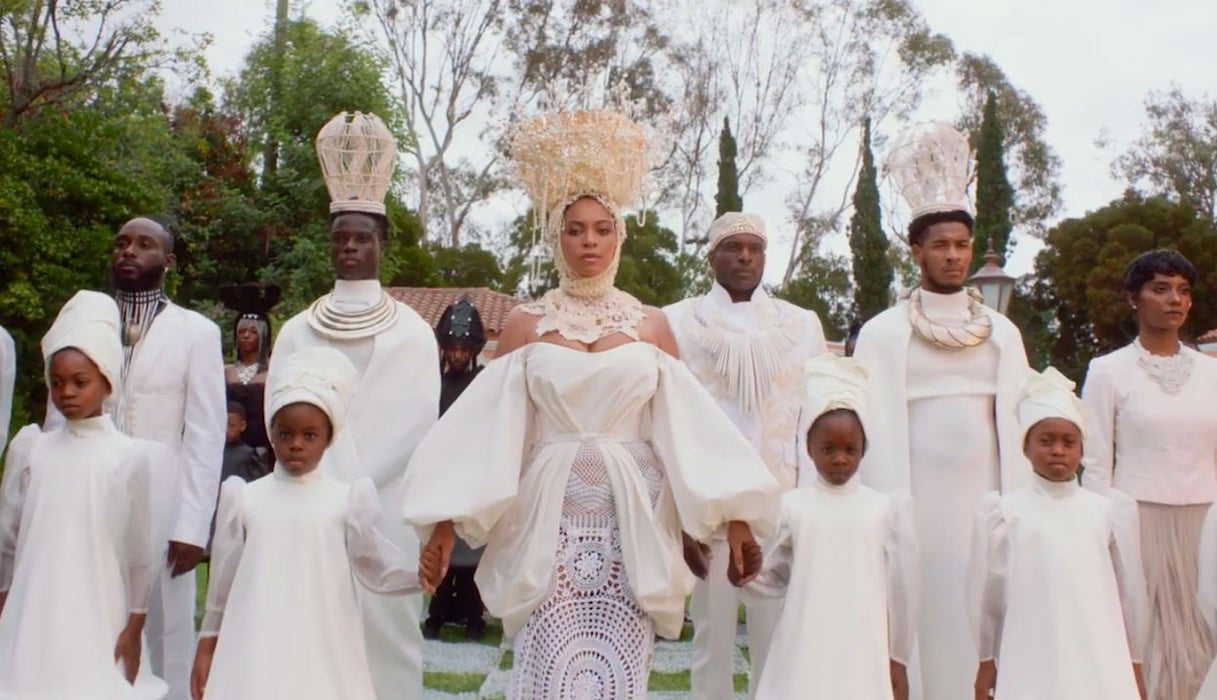
How Black Is King Deepens The Universal Themes In Lion King
Beyoncé has such an understanding and respect for The Lion King that she has elevated the elements of what makes the ‘90s movie so iconic and made it especially relevant to the present conversation. One major component of Simba’s journey is for the lion to “remember” who he is and take the throne that is rightfully his over Scar’s corrupt takeover. Black is King employs this in a broader sense; yes, using a boy to symbolize the journey, but speaking directly to the viewer to “remember who you are.” Check out this particularly important quote from the film:
When it's all said and done, I don't even know my own native tongue. And if I can't speak myself, I can't think myself, and if I can't think myself, I can't be myself. But if I can't be myself, I will never know me. So, Uncle Sam, tell me this, if I will never know me, how can you?
As the movie alludes to, in modern society, Black people have not been often depicted as beautiful and regal. Through the incredible visuals of the film, the movie shifts the narrative by placing Black men and women in elegance. In “Brown Skin Girl,” Lupita Nyong’o and Kelly Rowland join Beyoncé to assure Black women of their grace, and “MY POWER” discusses one’s ability to influence. Additionally, Black Is King makes use of The Lion King’s theme of family kinship. As Beyoncé often does with her recent work, her oldest daughter, Blue Ivy, can be found throughout the movie, perhaps as a symbol of her passing down her influence.
CINEMABLEND NEWSLETTER
Your Daily Blend of Entertainment News
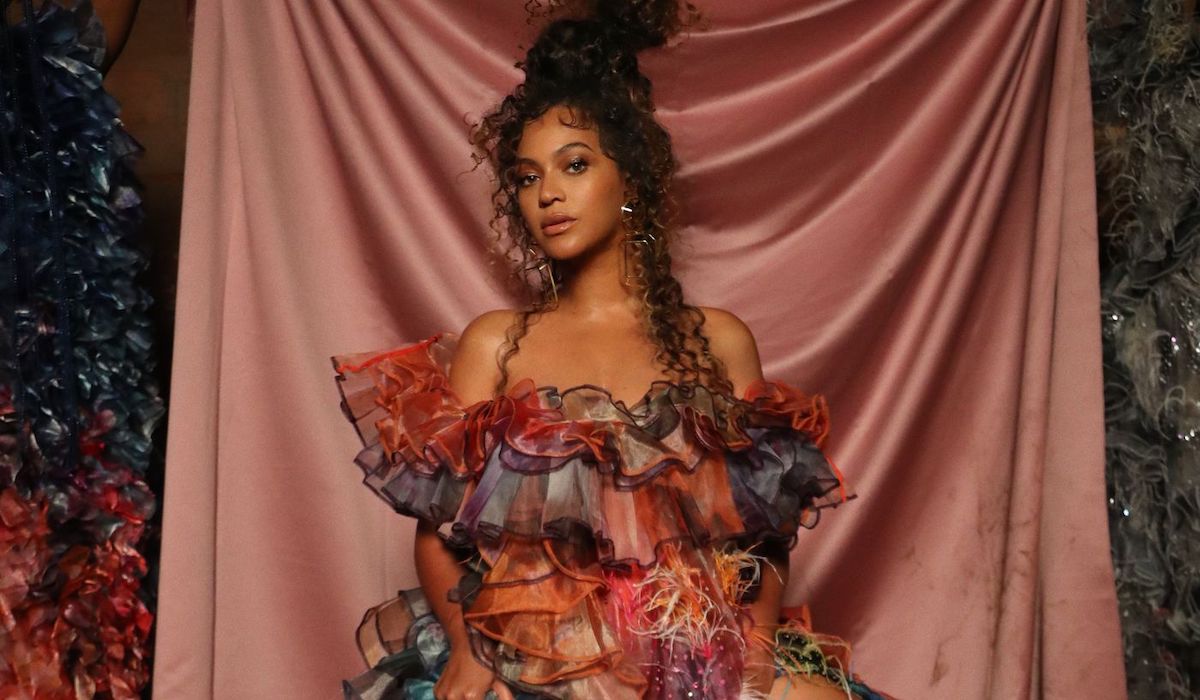
Beyonce’s Film Celebrates The Power Of Embracing One’s Ancestry
Perhaps the most moving aspect of Black Is King is how Beyoncé takes control of The Lion King’s roots in African culture in a way no version of The Lion King has been able to reflect. The original movie had performers singing in Zulu for “Circle of Life” and implements the Swahili phrase “Hakuna Matata” for the famous song by Timon and Pumbaa, but is otherwise created and produced by predominantly white filmmakers. The Broadway musical certainly allows the material to live more distinctly in African culture, but Black Is King makes the most valuable effort to connect the Lion King with its ancestry.
Disney is often criticized for appropriating cultures for its commercial films without hiring filmmakers from the diverse places their movies shed light on. Black Is King is the perfect response to this. Black Is King highlights a number of elements of African culture, implementing sounds and visual aesthetics from its past and present as Beyoncé’s visual album unfolds. Beyoncé’s contributions to The Lion King story in Black Is King surpasses the influence of the 2019 remake itself. Is it cool if we make this the unofficial remake to the Disney musical instead? Because many of us didn’t feel like it worked anyway.
You can stream Black Is King on Disney+ now. Sign up for a subscription using this link and stay tuned here on CinemaBlend for the latest in Disney news.

Sarah El-Mahmoud has been with CinemaBlend since 2018 after graduating from Cal State Fullerton with a degree in Journalism. In college, she was the Managing Editor of the award-winning college paper, The Daily Titan, where she specialized in writing/editing long-form features, profiles and arts & entertainment coverage, including her first run-in with movie reporting, with a phone interview with Guillermo del Toro for Best Picture winner, The Shape of Water. Now she's into covering YA television and movies, and plenty of horror. Word webslinger. All her writing should be read in Sarah Connor’s Terminator 2 voice over.
